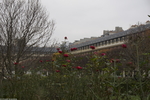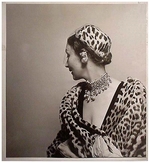Guerlain Cologne du Parfumeur (2010): The Perfumer, The Cologne, The Soap and The Zeitgeist {Perfume Review & Musings}

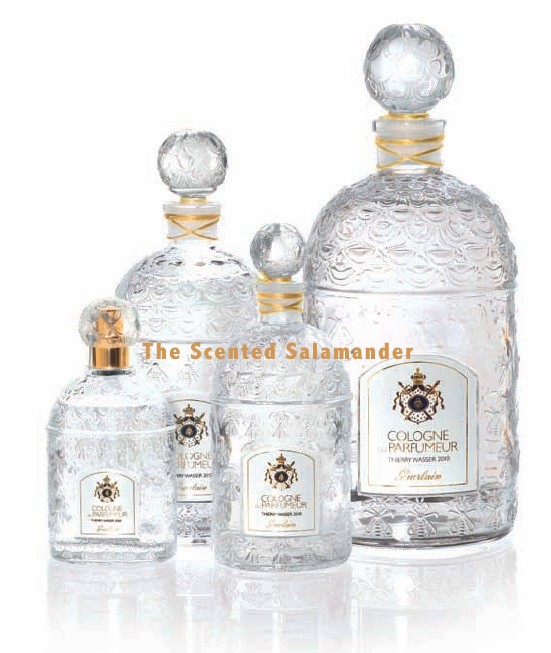
The new Guerlain opus, Cologne du Parfumeur (The Perfumer's Eau de Cologne) opens on an opaline-like "white cologne" effect -- what Guerlain call an "eau blanche"* effect for Eau de Cologne du Coq (1894) -- one which has always been typical for me of the 19th century Eau de Cologne Impériale by Guerlain (1853) as well, while offering a more modern subtle musk signature very reminiscent of the 20th century typical impression of Thierry Mugler Cologne created by Alberto Morillas, a modern classic; its musky facet was recognized by Narciso Rodriguez and it led to the creation in 2009 of Essence. A subtle fruity note of green orange coupled with a bitter nuance reminds you of yet another modern classic eau de Cologne, Eau d'Orange Verte by Hermès created by perfumer Françoise Caron. Thierry Wasser who created Cologne du Parfumeur said,
"My Cologne du Parfumeur is an intimist perfume. Refreshing and stimulating, it accompanies me when I wake up. Depending on my whim, I add a few drops of my perfume to it to give it more power or I wear it alone like a real perfume." He adds, "Originally, I created this Cologne for my private usage. I composed it at the same time as I was working on Idylle; it was my divertimento. I wanted a Cologne in the tradition of the great classics but with a modern twist."...
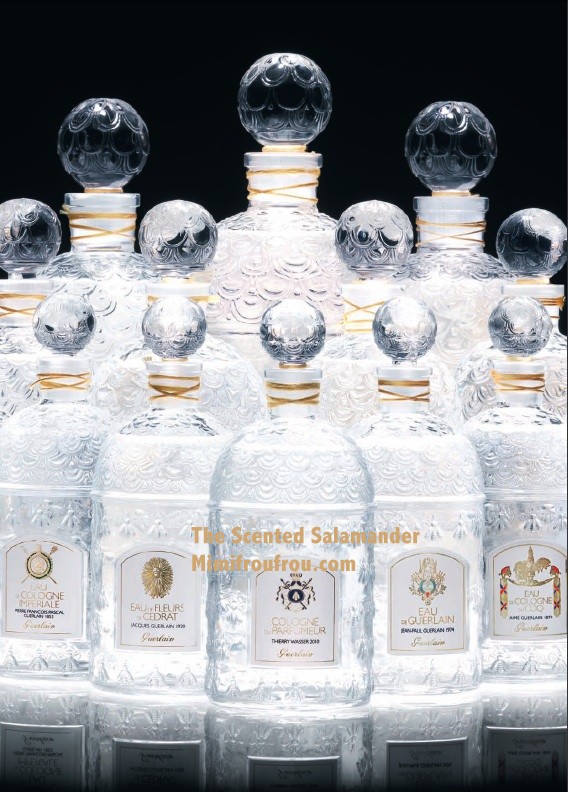
The perfume does literally pay homage to some great names of the eau de Cologne tradition. After recognizing these three main perfume-history referencing which take stock of the larger world of fragrances rather than just the internal history of the house, one discerns more personal nuances.The orange blossom note comes across as green, as in Flora Nymphea, as well as animalic and powdery, almost candied. It is an orange blossom from Calabria harvested with exceptional precaution when the flower is at its peak by, reportedly, a friend of Thierry Wasser, Giorgio. This orange blossom the perfumer appreciates for its extreme softness and its unusual green and crunchy olfactory profile. He confesses to having a predilection for green notes saying "green is like a tic for me. I put it everywhere."
Dry herbal nuances make you think of a more resinous version of the Guerlain aromatic Provençal bouquet accord found in their various perfumes, as in Sous le Vent and their Eaux de Colgne. Here it feels more solar, very Mediterranean.There seems to be a nuance of violet leaf offering an interesting green counterpoint.
What I notice is that the scent takes on a different orientation than either of the classic references mentioned above, seeming after a while to nearly disappear and be sucked out into the ether. The Cologne turns into a very discreet baseline of bitter hesperidic fruits akin to the sensation you find in Orange Amère by Hermès for the bitterness effect, but different because it is orangier - not as green - drier - not as sparkling. It feels close to the imagined sensation of having dried, gnarled peels of orange skins lingering on the skin while a very understated powdery note gets diffused. This more frankly orange-colored fruity orange note makes me think of L'Eau de Tarocco by Diptyque, an eau de Cologne based on a juicy Sicilian blood orange.
This is so far the most original part of the perfume's development. Soon, it evokes the direction of the new universal note: soap, a cologne-y soap.
As Thierry Wasser underlined, he often wears his Cologne as a layering scent, a base, and this is where this aspect comes to light. It depends also on how much you put on, but Cologne du Parfumeur if applied normally barely rises above the level of the skin while very subtly perfuming it with a dusting of powder smelling of classic eau de Cologne, only the texture is new or quaint, depending on how you wish to interpret it. It reminds you of another family of fragrances of scents, the chypres, as they appeared in their prototype form, the poudre de Chypre, when chyprés were powdery blends used as pot-pourris and scents for hair and wigs. Closer to us, it evokes the now somewhat retro usage of using perfumed powder for the body.
Cologne du Parfumeur is not just a classic work on the freshness of Eau de Cologne but on texture, volume, hesperidic notes and the limits of subtlety. For texture, one could interpret it as being inspired by cooling body powders. For volume, it does not even whisper, it murmurs indistinctly like a fresh brook. The hesperidic notes are dry, bitter, transparent, fruity and green. When applied more liberally, the scent becomes more resinous thanks to the accidental higher dose of orange-blossom. As for subtlety I could say that it is probably the most barely-there scent I have smelled so far. The longer drydown smells lilke a mix of minimalist Iso E Super and Dihydro Myrcenol it seems to me as it becomes more subtly ambery, musky and unisex-feeling in a modern sense. Here I think of the habitual usage of Iso E Super by Jean-Claude Ellena of Hermès and of course, of Escentric Molecules by Geza Schoen. There is also a nice ambery rose note which makes me think of Idylle.
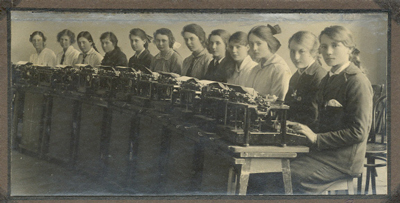
This barely-there characteristic thus evokes for me a new meaning to the name of the perfume. Cologne du Parfumeur is also an eau de Cologne made for a perfumer in a functional sense, one that cannot wear loud scents easily when at work, but a special base-line scent that will replace it. Translated into a more general idiom, this means that it is the quintessential office scent, one that can be worn by a multitude of people going to work in crowded spaces: I could see a hundred people wearing this in the same open-plane office and it would probably not disturb anyone. It is a much more lower volume perfume than L'Eau de Serge Lutens which still despite its pause-from-the-perfuming-gesture concept smells like a storied composition. Here, the purpose is entirely different. There is no pause, but an insistence on the continuity of the perfuming gesture from day to night. It is in this sense closer conceptually to what Francis Kurkdjian wants to promote with his Universal perfume Aqua Universalis and his house in general.
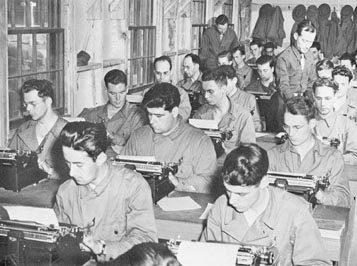
While not a programmatic anti-perfume, it smells more like it than L'Eau de Serge Lutens and is representative of the most recent Zeitgeist. It's the non-perfume of non-perfumes as far as I can tell, the one that will probably be offered to the appreciation of the Japanese and Asian market in general as the quintessentially polite perfume with a touch of decorum courtesy of the visually appealing bee bottle signed Guerlain.
Pics: katecarruthers.com; swtafe.vic.edu.au; history.amedd.army.mil







